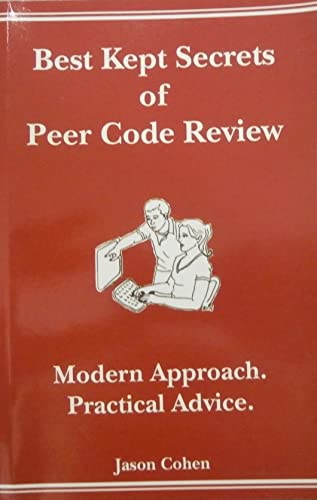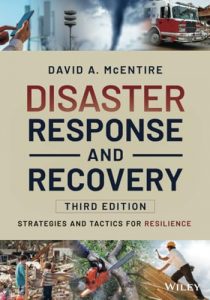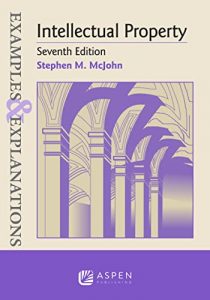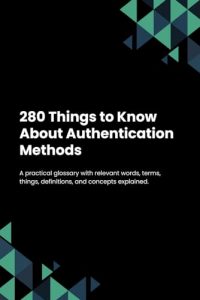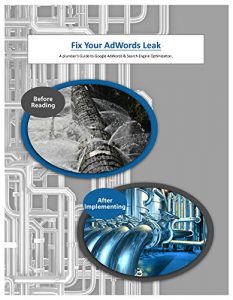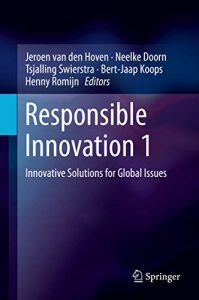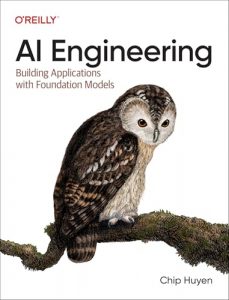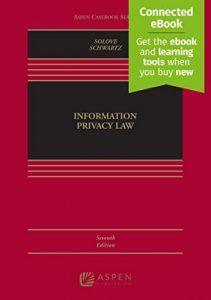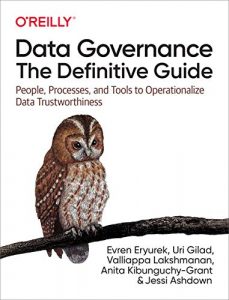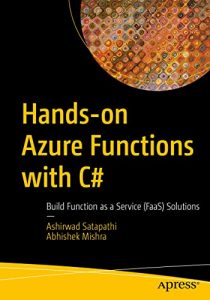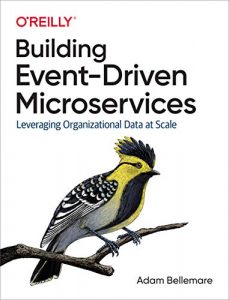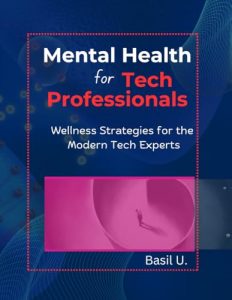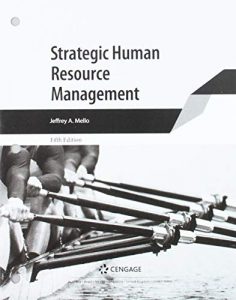1. Best Kept Secrets of Peer Code Review: Modern Approach. Practical Advice.
Written by Jason Cohen, this book delves into the crucial yet often overlooked aspect of software development—peer code review. It provides practical advice, showcasing modern approaches that can enhance code quality and create better communication among developers. The insights are not just for novices but also for seasoned developers looking to up their game. The relatable examples and approachable writing style make it a valuable addition to any software developer’s library. Notably, critiques are framed in a positive light, turning the process of giving and receiving feedback into a valuable learning opportunity.

2. The Operational Excellence Library; Mastering Peer Code Review Techniques
Authored by Gerardus Blokdyk, this next-level guide offers an expansive take on mastering peer code reviews in the software development lifecycle. With a price tag reflecting its comprehensive nature, the book goes beyond theory by embedding hands-on techniques, checklists, and frameworks that help both teams and individuals hone their skills. The effectiveness of peer reviews can make a significant impact on operational excellence, and this book serves as a roadmap to achieving that through meticulous attention to review processes. It’s a crucial read that merges strategy with practical application.

3. Better Embedded System Software
Philip Koopman’s “Better Embedded System Software” is another must-read, especially for engineers working in embedded systems. This book rationalizes common pitfalls and provides strategies to overcome them, ensuring that developers can write robust and maintainable software. The clarity of explanation and structured approach to problem-solving distinguishes it from other technical publications. Its modern and engaging narrative enhances comprehension, making the technical content palatable and applicable. This book is particularly relevant in today’s evolving tech landscape where embedded systems play a fundamental role.

4. University Faculty Views on Computer Code and Data Submission Requirements
This insightful work by Primary Research Group Inc. reveals perspectives from academia regarding code and data submission standards. Priced for institutional use, it highlights the expectations and challenges faced by both educators and students. It emphasizes necessary academic rigors while also addressing the administrative aspects of compliance that can be daunting. This book will resonate with those engaged in the educational domain, especially those under pressure to ensure their students are on par with industry standards.

5. Debugging the Code Review: How Top Engineers Improve Their Craft Through Peer Critique
James H. Foster argues that peer critiques can markedly enhance one’s craft in “Debugging the Code Review.” At the modest price of $3.25, it is a compelling investment for both amateur and veteran developers. This book aids engineers in realizing the potential of their efforts through constructive criticism, ultimately turning feedback into a vital tool for personal growth and skill enhancement. Foster’s engaging writing style ensures that readers not only grasp the critical aspects of peer review but also enjoy the journey.

6. Code Craftsmanship: Unlocking the Secrets to High-Quality Software Development and Debugging Techniques
James H. Foster highlights the essence of software art in “Code Craftsmanship.” This book reveals not just the how-to of coding but the ethos behind producing quality work. At an affordable price point, it emphasizes development as a craft, urging developers to invest time and effort in mastering their skills. The stories sprinkled throughout the chapters serve as inspiration, showing how passion and dedication can lead to superior writing and debugging practices. A must-read for those who aspire to move beyond average coding.

7. Ethics for Behavior Analysts
“Ethics for Behavior Analysts” by Jon S. Bailey and Mary R. Burch serves as a significant resource to practitioners who need to navigate the complexities of ethical standards in behavior analysis. Its insights into ethical practices are crucial as they serve to uphold the integrity of the profession. Given the complexity of behaviorally-minded work, it’s imperative to know the ethical implications and how to implement them in practical scenarios. This is not just a theoretical book; it’s an essential guide that works hand-in-hand with ethical decision-making.

8. AICPA Professional Standards: As of June 1, 2010 (2 Volume Set)
This comprehensive two-volume set by the American Institute of CPAs is indispensable for those in the financial profession. It covers a myriad of standards, ensuring that practitioners are fully equipped to conform to contemporary professional requirements. With detailed explanations and thorough guidelines, readers gain insights that would be difficult to glean elsewhere. It’s more than just a reference book; it provides a deep dive into the nuances of professional ethics and standards, essential for anyone serious about a career in finance.

9. Academic Freedom: From Professional Norm to First Amendment Right
In “Academic Freedom,” David M. Rabban delves into the intriguing intersection of academia and free speech. The exploration of this topic is timely and necessary, especially in an era where academic environments are evolving. Rabban crafts a narrative that addresses the rights of scholars in their pursuits and the implications for institutions. This book is essential for educators, administrators, and anyone vested in the preservation of academic integrity amidst external pressures.

10. Accomplishing Cultural Policy in Europe (The Sociology and Management of the Arts)
Christophe Mathieu and Valerie Visanich tackle a critical issue in sociology and arts management in “Accomplishing Cultural Policy in Europe.” The authors engage readers with an analysis of cultural policies across Europe, urging professionals to consider the sociological ramifications of their work. With a perspective that synthesizes theory and practical action, this book is particularly relevant for managers and policymakers in the arts and culture sectors looking to navigate the complexities of cultural administration today.


